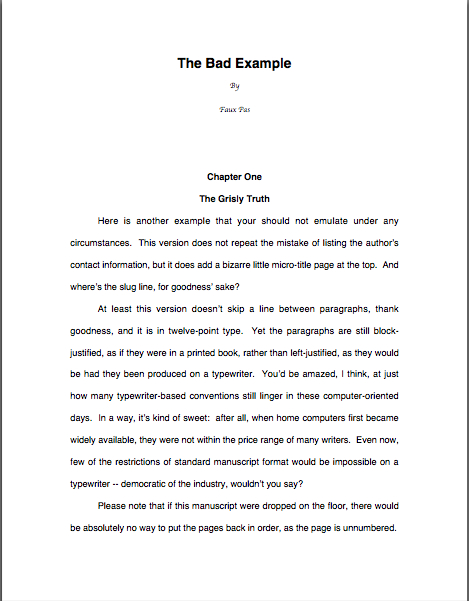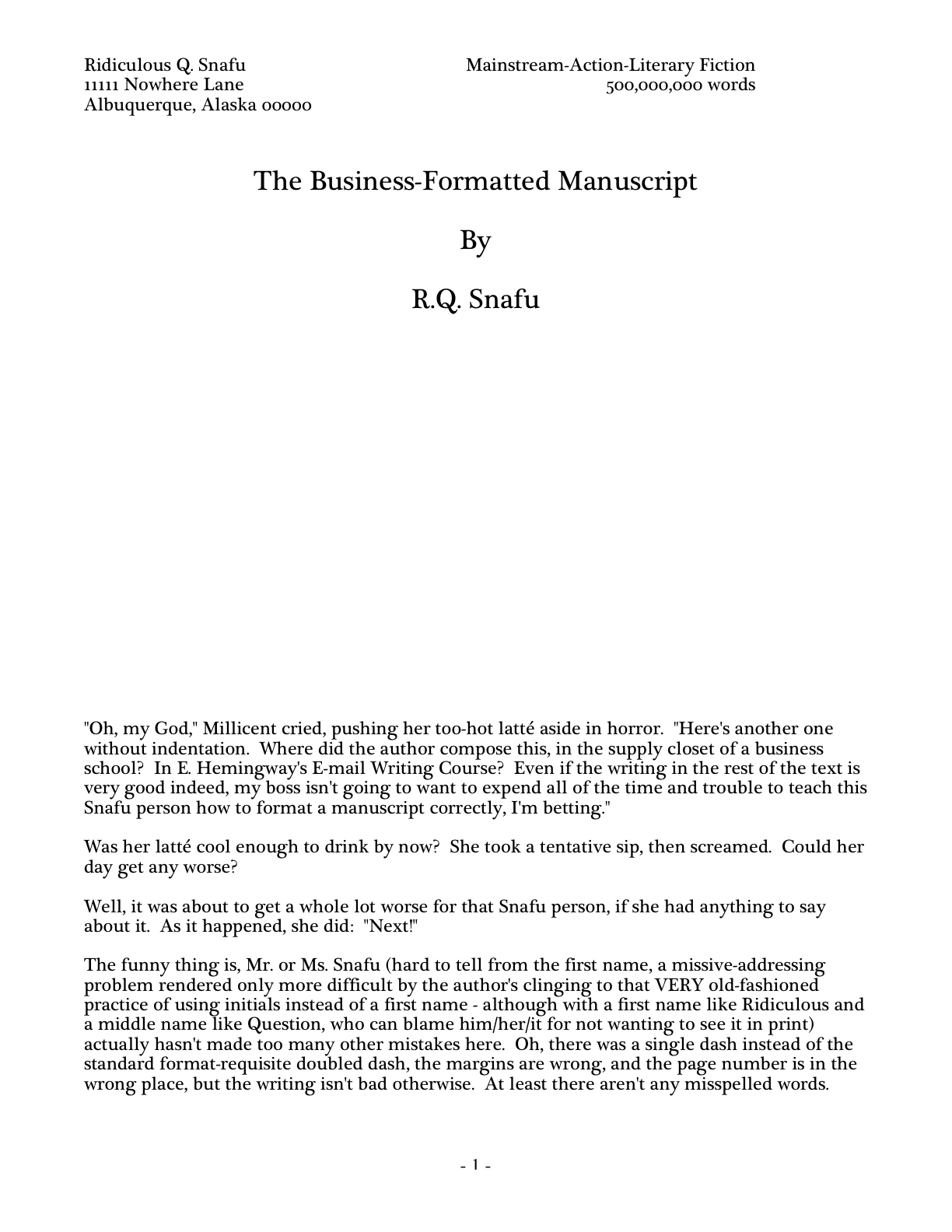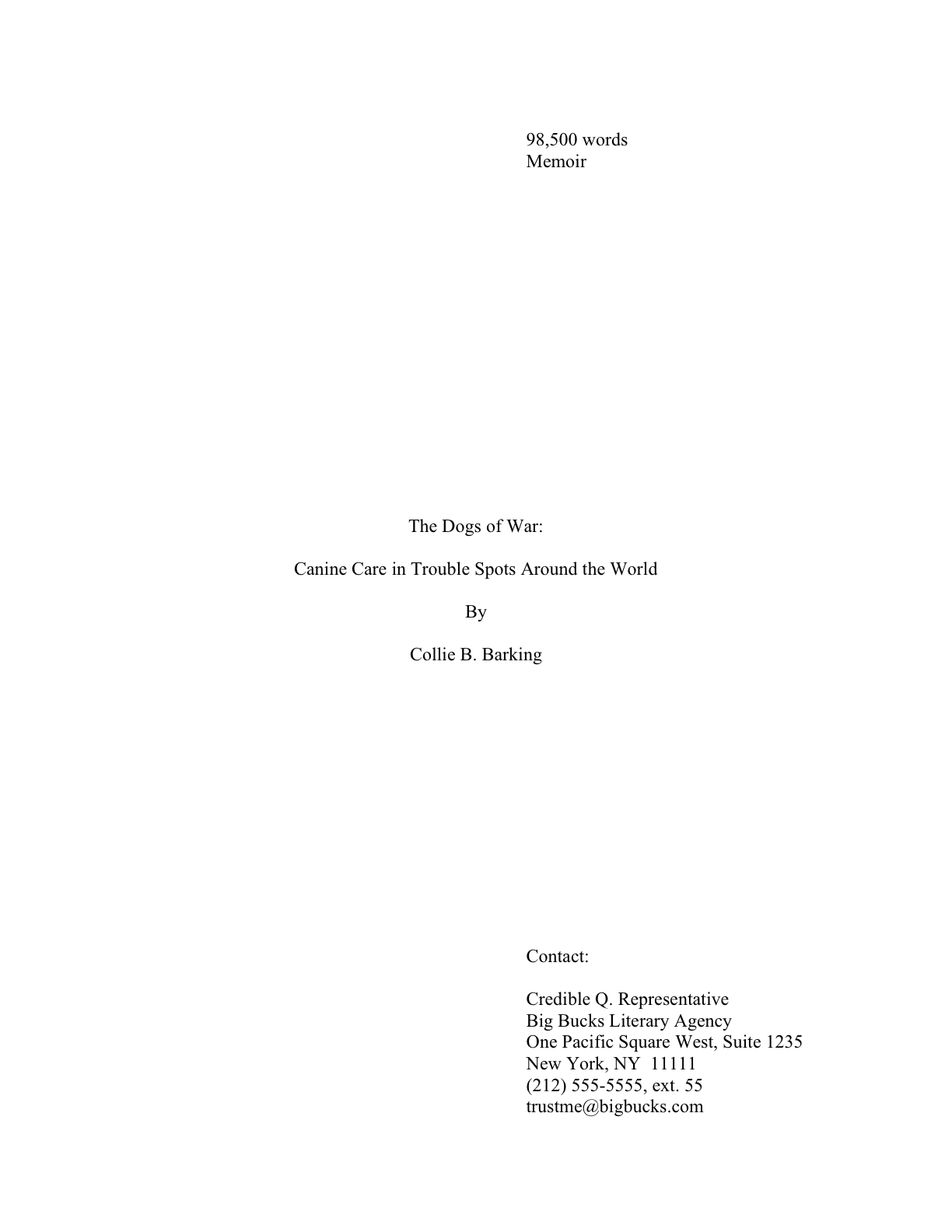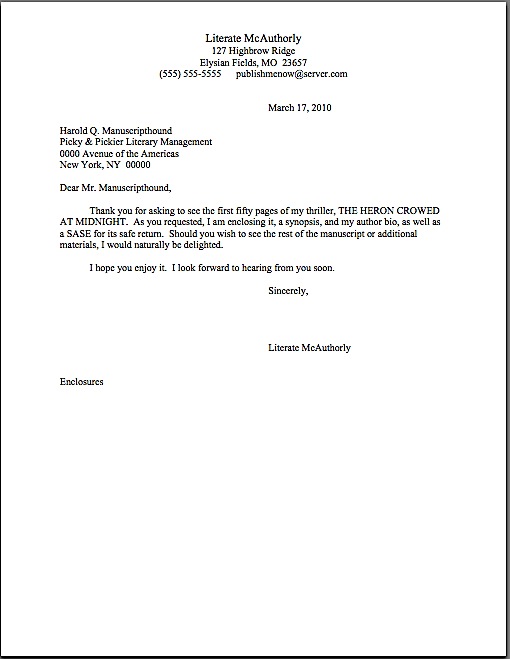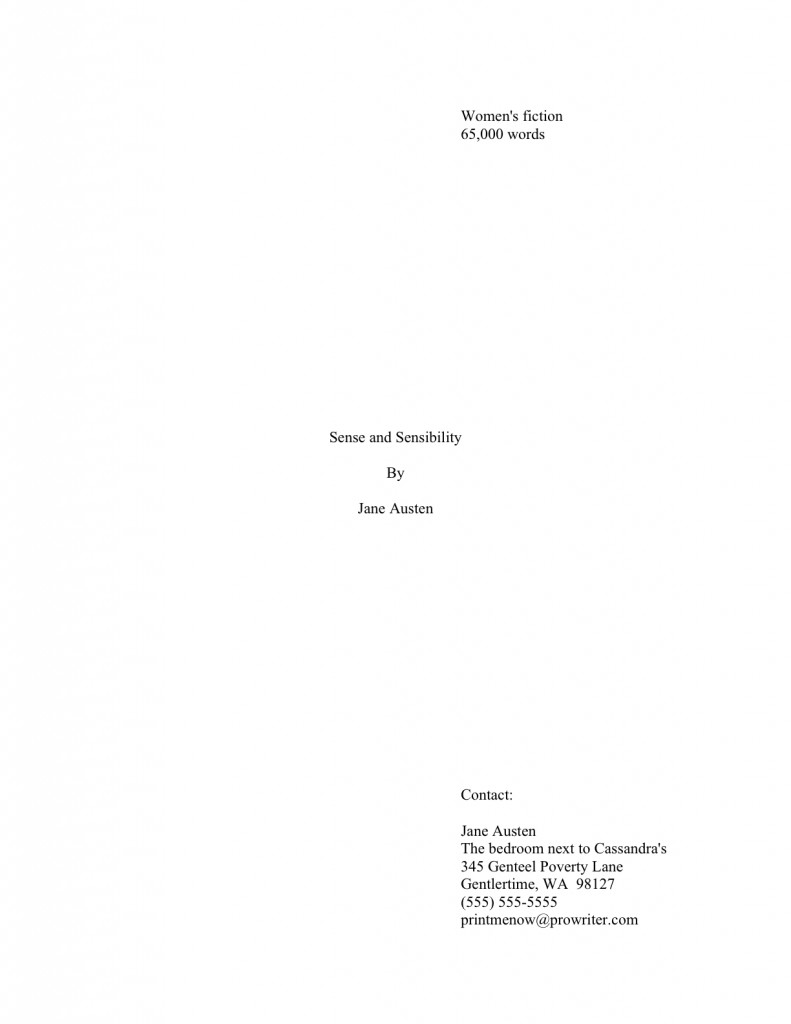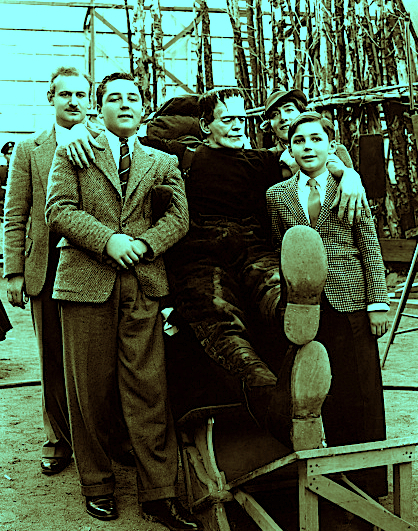I’m getting back to you a few days later than I intended in posting, campers, but not for any of the usual reasons. Not that the usual reasons wouldn’t have been more than enough: this last week has been a festival of juggling my editing clients’ deadlines, adapting book promotion advice to the needs of individual books and the ever-changing tastes of the literary market, and dealing with the second week of that allergic reaction I mentioned a couple of posts back, the one that initially made me look like the unholy love child of Boris Karloff from his Bride of Frankenstein period and James Spader, shortly after that unfortunate offspring had been burned at the stake by villagers of the pitchfork-and-torch variety. By this last Monday, the histamine had faded, naturally: for the next four days or so, I merely resembled Cro-Magnon man as it might have been played by Lon Chaney, Sr., of Phantom of the Opera fame.
And some people say there’s no such thing as progress.
No, my excuse for sidling away from the blog this week was far more profound: for the first time in the six-and-a-half-year Author! Author! hegemony, I found myself wondering whether I should blog about a power dynamic relatively common in agent-writer and editor-author relationships. Not because its existence is any secret — as any faithful attendee of literary conferences knows, plenty of the pros are not shy about sharing stories of difficult clients — but because I hesitated to add more complaints to the already-burgeoning array of horror stories floating around the Internet. As long-term Author! Author! readers know, I’m very aware of how easily professional advice to writers can get twisted in the retelling: what might begin as a single weary, battle-scarred agent blurting out a pet peeve or expressing a personal preference on a conference dais can all too often end up being presented online as a universally-applicable rule of submission, querying, or even writing style three months later.
“But Anne!” those of you fond of trawling the web to form composite impressions of wildly contradictory advice protest, and who could blame you? “What’s wrong with that? Obviously, someone in the conference audience heard what the weary agent said and wanted to warn other writers away from running afoul of that agent’s pet peeve — or any agent’s pet peeve, for that matter. Speaking of horror stories, we’ve all heard our share about how easy it is for a well-meaning-but-industry-ignorant writer to blunder into being labeled (shudder) difficult. I, for one, am grateful for that plethora of warnings.”
I’m not faulting the motives of those who choose to pass such admonitions along — the first time. That is indeed often a generous move. The problem arises when that initial warning gets passed along again (and again, and again), often with tweaks, embellishments, and, let’s face it, incorrect interpretations. As should not come as much of a surprise to anyone who has ever played the magic game of Telephone, by the tenth, fifteenth, or fiftieth retelling, the pro who first uttered the advice would not recognize it. Frequently, it’s not just the content that changes; you’d be amazed how often a single observation about a unique situation gets transmogrified into a barked order about what must be done in every instance.
Oh, you thought that a sweeping axiom like the surprisingly ubiquitous agents hate it when writers use adverbs started life that way? Hardly likely. From a professional point of view, it’s an absurd assertion: sometimes adverbs make sense to use, sometimes they don’t.
It’s not at all difficult to picture, though, some poor agent sighing over an opening page in which every other sentence is decorated with an -ly — or that same agent talking about it on a conference panel a week later. With half the aspiring writers in the audience frantically scribbling notes, it’s only reasonable to expect Agent X hates adverbs to turn up online fairly shortly thereafter, right? Or for the next person to pass the news along to report it as agents hate adverbs? And, down the line, for someone who misunderstood the point of an English class exercise aimed at improving characterization in dialogue to conflate instead of Herbert said angrily, why not try showing his anger in his speech? with the shocking news about agents breaking out in hives the instant they clap eyes on an adverb in a submission, creating a universal axiom that no good writer uses adverbs, ever.
Which, I suspect, would come as something of a surprise to Agent X. As the most cursory glance through his clients’ published novels and memoirs would demonstrate, he’s a great fan of the skillfully-applied adverb.
At the risk of coining an axiom, both the source and the context are important to consider when weighing writing advice. And that goes double for anything you may hear about the kind of behavior that gets writers labeled difficult.
Oh, I’m not saying that you should not worry about the phenomenon: it definitely exists, and it is most assuredly true that writers unfamiliar with the rules of the game occasionally find themselves on the receiving end of the epithet without perceiving that an interaction has gone awry. I’m just saying that when you hear a blanket rule asserted, you might want to ask some follow-up questions about how the asserter knows it to be true. And when you stumble upon one of those third-hand this-is-how-a-writer-got-dropped horror stories, whether told from the agent’s, editor’s, or writer’s perspective, you might want to consider the possibility that the original teller’s intent is not being borne out in the version before you. Or — and this is true more often than any of us who give writers advice online might like to think — that a conclusion drawn from a single person’s reaction to a single instance might not in fact be reflective of an industry-wide feeling about a pervasive phenomenon.
I’m going to be talking about some of those pervasive phenomena a little bit later — hey, I wasn’t kidding about being hesitant to blog about some of this stuff — but first, let’s address that widespread writerly fear of running afoul of unspoken rules. As I said, it’s not entirely unjustified: what experience has made self-evidently rude to someone working in an agency might not strike someone new to the querying process as even vaguely impolite.
Take cold-calling an agent, for instance: if you’d like to see an entire panel of publishing professionals cringe in unison, by all means, raise your hand in an agents’ forum and ask if it’s okay to call an agent instead of querying in writing. Chances are, every agent on the dais will have a personal horror story about that pushy aspiring writer who thought, wrongly, that if a hard-sell technique works for used cars, why, only a spineless wimp would content himself with writing a query letter, sending it off, and waiting weeks or months for a reply. Why wait that long, when the agency that represented Tuesdays with Morrie has a listed telephone number?
Oh, you may laugh (at least, I hope those of you who have queried or pitched before are), but agencies get approached like this all the time. As you may have heard, agents hate it.
Unfortunately, those who have heard that are not the only people who want to land agents. So why not just call, the writer who has not taken the time to learn how books actually get published reasons, perhaps pretending to be a personal friend of the agent’s to get past Millicent, and explain to the agent how he just has to drop everything to read his manuscript? While he’s at it, wouldn’t it strengthen the appeal to go on a tirade about how much he wants to get published — unlike, say, every other writer who contacts the agency?
Why? To anyone not new to the agency biz, the answer is simple: because agencies simply don’t work that way, and with good reason. Think about it: if an agent got a reputation for saying yes to this kind of approach, he would be inundated with calls from precisely the type of writer that most agencies do not want to represent, those who believe that being talented grants them the right to expect instantaneous, personal attention.
Which is, incidentally, usually the way difficult gets defined in a publishing context: a writer’s not following prevailing industry etiquette in a manner that requires someone within it to expend unanticipated time and energy in dealing with her.
That covers a lot of territory, obviously, but once a writer understands this underlying principle, not being difficult becomes, well, easier. Instead of trying to learn and abide by each rule of etiquette one at time, laboriously, as if they existed in a vacuum, a writer can simply look at what she is being asked to do, compare it to what she is planning to do, and ask, “Okay, will this make more work for the agent/editor/contest judge? And if so, is the benefit I hope to derive from it worth the risk of eating up more of that person’s time?”
Don’t you wish someone had told you about that test before the first time you queried or submitted to an agent? Unfortunately, this measure of behavior is so self-evidently applicable to those who would actually be inconvenienced by violated expectations that it’s rarely discussed in the company of writers, except as a complaint.
Except, perhaps, phrased as send what we tell you to send, not what you want us to see. And please believe us that we chose the query format for a reason.
By either of these standards, the clueless caller above is clearly difficult, but so is the submitter who, when asked to send the first ten pages of a manuscript, sends fifteen. In both cases, the agent (or, in the second instance, her Millicent) would have to spend valuable time handling a situation she had no way to see coming: chatting with a writer calling out of the blue, reading those extra pages. Since the writer in both cases is being difficult — and does it really matter from her point of view whether the behavior is the result of ignorance or inconsideration? — why should she bother to invest that time at all? Why not just reject the writer out of hand?
Was that thunderous clamor out there in the ether the sound of a good third of you leaping to your feet? Perhaps — and I’m only guessing here — the third of you who have in the past sent more pages than an agent requested? Or that a contest’s rules specified? “But Anne,” the over-sending many shout, “I didn’t mean to be difficult. Surely, no one serious about evaluating writing would want to base that assessment on two-thirds of a scene. Wasn’t I being nice to care about the agent’s reading experience? Or are you saying that I should have rewritten the scene so that it ended on page 10?”
Neither, as it happens: you should have sent the first ten pages. Period. Sending more is being difficult.
Your audible huffs of annoyance are understandable, over-senders, but here we have an instance where the perception of inconsideration differs wildly from the writer’s and agent’s perspectives. You assumed, and not unreasonably, that the request for a partial, contest’s length restriction, or permission to send a specified number of pages with your query was not only intended to provide the agent with an indication of your writing style, the professionalism of your presentation, the voice of the book in question, its appropriateness for your target audience, and how you handle narrative, but to demonstrate how you structure a full scene.
Oh, you didn’t think about it that much? You just thought it would make better reading if the writing sample didn’t get cut off in mid-paragraph?
I hate to break it to you, but either way, an over-sender deliberately disregards a request for a specific number of pages. That’s not only difficult, from the recipient’s perspective; that’s rude. Not only does including the extra pages imply an expectation that the agent, Millicent, or contest judge will make time to read them, but also — you might want to sit down for this one — a belief that the person requesting that number of pages just didn’t understand that not every manuscript will feature a section or chapter break at the bottom of page 10.
Or 15, or 50, or whatever length the requesting agent/contest rules/submission guidelines indicated. Which, from a professional reader’s perspective, is a pretty insulting assumption: honestly, someone who handles manuscripts for a living or has judged more than a single contest entry would have to be awfully unobservant to think that. No one who asks for 10 pages expects a ten-page scene; they want to see if you can write. If an agent or contest wants to read an entire chapter or manuscript, it will ask for it point-blank.
The over-sending writer doesn’t think of it in those terms, naturally; often, he’s just trying to present himself in the best light as a storyteller. In doing so, however, he also presumes, wrongly that the pro will bend the rules in just this one instance. What could another couple of pages matter, after all?
Plenty, to an agent, Millicent, or contest judge who reads tens of thousands of pages a year. Five extra pages on a ten-page writing sample means devoting one and a half times the reading minutes to this submission than one that followed the rules. Why make the exception, when we all know from experience that on the writing grapevine, an anecdote about a single writer-agent interaction can quickly mutate into an immutable rule of conduct?
More to the point, wouldn’t it be reasonable to expect that a writer who violated one rule or request, however well-meaningly, would do it again in future — and that the belief that the rules really don’t apply to him would be problematic down the line, as well as time-consuming for the agency? If a writer thinks it is acceptable to send 15 pages instead of 10, why wouldn’t he also presume that the agency and the industry are willing to let him fudge on the length of a synopsis? Or an author bio?
Still think it’s unfair to leap to the conclusion that such an aspiring writer would be a difficult client at the query packet stage? Okay, let’s consider how Millicent might make that assessment at the submission stage. Try this one on for size: what if a novelist presumes, not entirely unreasonably, that since publishing houses employ copyeditors, he doesn’t need to proofread or spell-check?
Millicent sees this all the time, of course; usually, she leaps to the conclusion that the writer just can’t spell and/or doesn’t know the rules of grammar. But let’s assume for the moment that an apparently random array of typos pepper an otherwise estimable manuscript. Is that enough evidence to decide that this writer is difficult?
No? Okay, what if a memoirist operates on the assumption that somebody else involved in the publishing process is going to fact-check the parts of the book that she did not experience first-hand, so it really doesn’t matter if her manuscript said the Cuban Revolution occurred in 1952?
Lest anyone be tempted to rip that last line out of context and promulgate it as fact around the Internet: it didn’t. Look it up.
But is this gaffe sufficient to label the writer too difficult to take on as a client? Most aspiring writers would say no; from their perspective, it’s just a minor typo. Would you feel different, though, if the mistake were consistent throughout the manuscript?
Still no? Okay, what if the protagonist’s family had emigrated from Cuba in 1950, and the narrative represented the move as their having fled the revolution? If you were Millicent, would the prospect of your boss’ having to convince the writer that she is wrong about her family’s motivations for coming to this country? Or accuse her of having misrepresented them in order to make a narrative point? And that regardless of why the historical accuracy is off, she is going to have to change either the date or the memoir’s story arc?
Still no takers? Okay, what if a nonfiction writer believes, with some justification, that since her future agent must by definition know much, much more about the current market for her type of book than she does, she’s just not going to bother to include a marketing section in her book proposal? Again, it happens all the time. So does restricting the Competitive Market Analysis to just a couple of books, or limiting the marketing plan to a breezy announcement that since bookstores sometimes allow book signings (a fact that’s sure to astonish anyone currently working in the publishing industry), the writer is willing to show up at any signings the publisher might take the time to set up.
Now Millicent has pretty good reason to believe that not only will this writer be both time-consuming and rather irritating, at least at first, for her agency to represent — do you want to be the one to tell her boss, the agent, that it is his job, not the writer’s, to write the book proposal in its entirety? — but that this writer is actively planning to be time-consuming for the publishing house that picks up her book as well. (These days, first-time authors usually set up their signings themselves.) So the agency will probably have to spend time mediating some disagreements down the line.
What do you think? Too difficult?
I’m sensing that for some of you, even this provocation seems insufficient. “But Anne, I always thought being difficult was a function of how someone works and plays with others, a pattern demonstrated over the course of many incidents over time. I understand that all of the attitudes you describe would result in more work for the agent, but surely each could be fairly easily resolved with just a short explanatory conversation. After all, the writer has every motivation to try to make this relationship work.”
Perhaps, but you would be surprised at how often writers don’t act that way, at least in their earliest interactions with the agents and editors of their dreams. That’s a real pity, because for better or worse, all an agent, her Millicent, and/or a contest judge can base her assessment of a writer upon is the evidence actually in front of her: the query or pitch, accompanying materials, contest entry, requested pages — and that writer’s behavior while providing them. Given that they are charged with the task of selecting a small handful of writers out of the thousands who approach them (or, in the judge’s case, winnowing hundreds of entries down to a list of finalists in the single digits), is it honestly astonishing that they would have developed a tendency to extrapolate ease of working with a writer based upon whether that writer adheres to industry manners and respects the pro’s time?
Believe it or not, writers often do send quite definite messages about their attitudes at the querying stage. Take, for instance, the querier who shrinks the query’s typeface in order to cram more information into a one-page letter. Or the submitter who sends requested pages in a mailing format requiring a signature on the receiving end. Or, sacre bleu, the rejected writer that sees fit to send an e-mail, demanding a complete explanation of a no.
Is this difficult behavior? Well, apply our test: it’s all time-consuming — and frankly, kind of annoying — on the receiving end. How so? Well, he font-shrinker presumes that Millicent will both not notice the deviation from the norms of query presentation (but she will) and be willing to strain her eyes to read the extra parts (but she won’t). The confirmation signature-requirer may not think about the fact that his demand would compel someone at the agency to stop what she is doing in order to pay attention to an arriving package, but believe me, when you’re receiving fifty manuscripts a month, forty-nine of which did not require a work stoppage to accept, it’s noteworthy.
And do we even need to discuss the futility of having a heart-to-heart with an angry writer with whom one has already decided not to work? Or why such a conversation would have no chance whatsoever of changing the agent’s mind? Or, if gravity suddenly began making things fall up, babies abruptly began being born 42 years old, and agents started being open to this sort of follow-up conversation with queriers, the question the agent would have to weigh throughout that conversation would not be gee, did I make a mistake in rejecting this writer? but wow, if this writer is so touchy about a simple, polite no, how will he react when I or his future editor ask him to make changes in his manuscript?
That last one, of course, is the classic publishing pro’s complaint about difficult writers: indeed, the term is often used as a synonym for those so in love with their own words that they are not open to revision suggestions. Those of you who attend writers’ conferences have heard that one before, have you not? It’s right up there with writers are lazy and writers whine about deadlines in complaint popularity.
How popular, you ask? Well, if you walked into that bar that’s never more than a hundred yards from any writers’ conference in North America, sat at the next table over from the agents, and took a sip from your drink every time you overheard one of those three comments, you wouldn’t remember enough about the event the next day to render it a useful learning experience.
Suffice it to say, though, that if you did have a clear enough head to remember it, you would no longer wonder why agents and editors have been known to roll their eyes when writers start to talk about their creative freedom being hampered. Although many, many writers are pretty good about implementing editorial feedback (at least after an initial period of shock has passed), every pro who’s been at it for a while has a personal horror story about that one writer who stamped his feet, screamed, cried, and threatened to sue over a suggestion as practical and simple as “Would you mind changing your protagonist’s sister’s name, since Ellen looks so much in print like Eileen (the villain), Helen (the sidekick), Helene (the schoolyard friend in that flashback), and you’ve chosen for some reason best known to yourself to abbreviate all of those names in the dialogue to El, Eil, Hel, and Hel?”
Oh, you think I’m joking? I once edited a memoir in which the seven daughters of the family’s names all ended in –een — not because those were their names in real life, but because the author felt that this array of synonyms was an essential reflection of the family’s ethnicity. When I pointed out, nicely, that the visual similarity rendered the fifteen (oh, no, another –een!) scenes in which they appeared as a group slightly challenging for readers who had not seen fit to equip themselves with a program to follow, not to mention impossible for a skimmer, the author saw fit to…
Well, let’s just say the reaction wasn’t pretty. Unlike most editors and virtually all agents working with a first-time author, however, I was willing to keep making the case for changing the names not just once, but many times over the course of a few months. But then, unlike denizens of publishing houses and agencies, freelance editors charge by the hour.
That giant thud you just heard, in case you were curious, was the collective stomach of every agented writer reading this hitting the floor immediately after toting up what their last creative disagreement with their representatives would have cost.
I bring up the creative differences issue advisedly: when aspiring writers borrow trouble about the problems they might face in working with an agent or editor at a publishing house, it’s often the concern they express first. Certainly, those of us who answer writers’ questions hear it frequently. Usually, it runs something like this: “My vision of the book doesn’t fit neatly into the publishing industry’s notion of what books like this are like.” (Pause for the advice-giver to ask how, what makes the writer think so — and if he believes his book concept is a category-buster, is it possible he’s assigned it to the wrong book category?) “I know what I want to say, though, and I’m afraid that an agent will ask me to change it to make it easier to sell.”
Well, if the book honestly does contain elements that would render it less marketable, and those elements are not so critical to the story arc or NF argument that they did not trigger rejection all by themselves, this writer is probably right: it would be a good agent’s job to advise him how to maximize the book’s marketability. Writers do, after all, seek out agents because of the latter’s expertise in selling books to publishing houses, right?
Instead of desiring the judicious application of that expertise, however, the change-fearful writer would prefer an agent simply to take the manuscript as he has chosen to form it and walk it around to editors. Happily for the fearer, many good agents’ acceptance standards are so high that they do sometimes — not often — decide to send out a new client’s work without requesting changes. That most emphatically does not mean, though, that the fearful writer’s agent would be pleased if, after interesting an editor in acquiring the book, the writer flatly refused to accept revision requests from the publisher.
Which, in case anyone out there is harboring any illusions on the subject, is the norm for newly-acquired books in the current market, not the exception. It’s also fairly common now — brace yourself, should any of your illusions have survived that last sentence unscathed — for a book under contract to be passed from the control of the acquiring editor to another editor before the manuscript reaches the front of the print queue, due to layoffs, retirements, parental leaves, etc.
Still think Millicent should not be considering ease of working relationship at the querying phase?
Now that I’ve depressed you into a stupor, I’d like to share with you the situations I hemmed and hawed about talking about at all; let’s consider them in the light of the difficulty-assessment criteria we’ve gotten so good at applying. A couple of caveats before we launch, though: I am presenting these not to hold the (heavily fictionalized) persons and (factually accurate) attitudes involved up to ridicule or censure, but in the hope that we might discuss these interactions fruitfully, with an eye toward helping all of you avoid such contretemps in your writing careers.
I do think the matter is ripe for discussion. Although the web is stuffed to the gills with admonitions about what agents love and hate, as well as writers’ complaints, we actually don’t talk all that much — or all that productively — amongst ourselves about how to reconcile professional expectations about how a working writer should interact with the business side of the industry with how those of us on the creative side tend to think of our manuscripts. And that’s a shame, because all too often, when something goes wrong, the writer in the situation can mistakenly believe that she’s the only one to whom it has happened.
Fair warning: some of what is to follow may make some of you angry. Although I understand that it may be tempting to take a few pot shots at the messenger, I do wish you wouldn’t. I also hope that, even if some of this strikes you as unfair — and it probably will — we can concentrate upon how these situations could have been improved or avoided, rather than giving in to the temptation of luxuriating in lamentations.
As I said, there is already quite enough of that on the net, isn’t there?
To keep the conversation from getting too heated or personal feelings getting hurt, I would like to reiterate that the people here are all fictionalized, to protect the parties involved. Sexes have been changed; story details have been significantly altered; no publishing professional or house is identifiable. So if any of the resulting case studies happens to bear any resemblance to something that happened to you or someone you know, please take it as a testament to just how pervasive these phenomena are, rather than a provocation to clutch your heart, cry, “Mon dieu, that’s me/my critique partner, Sheila/my agent!” and tumble sideways in a heap.
So please help me welcome, with compassion and an open mind, three well-meaning memoirists, Huey, Dewey, and Louise. In order to help clarify the sometimes hard-to-discern missteps, miscommunications, and power dynamics, I’m going to tell each of their stories twice: once from the writer’s point of view, and once from the relevant publishing professional’s perspective. True to the rules of memoir (and first-person narrative in general), each will be exclusively from that perspective. Perhaps, after considering both sides, we can mediate between them.
Let’s begin with Huey’s saga. Take it away, Hugh!
I have to say, I was disappointed. I had been querying my memoir, the story of my wife’s battle with a life-threatening illness, for more than two years when Agent Montrose asked to see my proposal. The request caught me a bit off-guard, I’m afraid: I had a full manuscript, but had only been picking away at the proposal in fits and starts. Every time I sat down with it, I felt like I was being given a pop quiz on material we hadn’t covered in class. It just didn’t make sense that they would rather have me write about my book than read the book itself.
So when Montrose sent the request for the proposal, I e-mailed him back and said that it would be a few months. Wouldn’t he like to see the manuscript instead? He said no — a blow, of course, but he was nice about it. He said to send the proposal when it was done.
Well, I worked on it; really, I did. Every few weeks, I sent an e-mail to Montrose, to let him know how I was getting along. The first couple of times, he replied cheerily, telling me to take my time and to let him know if I had any questions. Then he just stopped replying. He didn’t even respond to my Christmas card.
So now I don’t know what to do. I think I could finish the proposal in another month or so — I have some vacation coming up — but if he’s lost interest, shouldn’t I be moving on?
Before we move on to Montrose’s version, what’s your initial impression? Was Huey being difficult, or has he just been having difficulties? Is his assessment of Montrose’s waning interest well-founded? And then there’s the most important question of all: should Huey finish the proposal? Or should he be looking — or have been looking — for an agent who would have said yes to reading the manuscript?
Got your answers to that dizzying array of rhetorical questions firmly in mind? Excellent. Let’s take a gander at what happened from Montrose’s perspective.
I have to say, I was disappointed; that book had some real potential. I know what you’re thinking — there are a million caretaker memoirs out there, so what’s different about this one? Well, the synopsis, for one thing: unlike a good 80% of the memoir synopses I see, this one had a beginning, middle, and an end; the two main characters grew and changed. I think that disease memoir readers would root for these people.
Millie, my assistant, kept burbling about how her aunt had gone through the same thing as his wife, and how much she was looking forward to a really good book about it. Publishers love people like Millie: whenever any of their acquaintance goes through something rough, their first instinct is to buy ‘em a book.
Imagine my disappointment, then, when it turned out Huey had not even begun a proposal. Heck, he didn’t even seem to realize that was how nonfiction books were sold; he kept suggesting that I should read the memoir instead — which was something like 150,000 words, for heaven’s sake. I liked what I had seen, though, and he genuinely seemed flummoxed, so I sent him the agency’s proposal guidelines and hoped for the best.
That was sometime in 2010, I think; I don’t really remember. He never sent the proposal, just a lot of excuses, as if I could simply change my mind about whether a proposal was necessary. Too bad — it could have been an interesting memoir.
Taken together, these two accounts form quite a sad little story, do they not? Huey was lucky enough to find an agent (and a Millicent) genuinely taken by his book concept — but he was not ready to take advantage of it. While Montrose’s conclusion that Huey just hadn’t done enough homework about how nonfiction is sold might not have been entirely correct, it’s hard to argue that the effect of the writer’s not having taken the necessary steps to learn how to write a book proposal amounted to the same thing, in practical terms. Yet Montrose did, by his lights, do all he could to help, and rather more than most would have done in this situation: being a good memoir agent, realized that proposal-writing is a professional skill, and thus not something even the most gifted memoirist is born knowing, so he provided his potential client with both encouragement and guidelines.
See how easily, though, a writer’s just not knowing the ropes can result in practical difficulties for the pro trying to help him? Huey felt, understandably, that since the proposal was a stand-in for the book, it didn’t make sense that Montrose couldn’t make up his mind about representation based upon the manuscript. But since Montrose knew that he could not approach the editors he already had in mind for this project without a proposal, what good would it have done to read the manuscript first? Especially when Huey had already told him that the draft was considerably longer than this type of memoir typically runs; with an Annotated Table of Contents in hand, they could talk down the line about cutting it down to a more reasonable length.
So should Huey give up on Montrose at this point and move on to querying other agents? I think that’s the answer he would like here; it would save him an awful lot of work, wouldn’t it? Frankly, I would rather see him invest that energy in a class on proposal-writing. Or reading a good book on the subject. Or hiring a developmental editor to assist him in writing it. Or, heck, he could take a peek at the step-by-step instructions on how to write a book proposal buried in this very site, cleverly concealed under the opaque heading HOW TO WRITE A BOOK PROPOSAL.
Then, when he has a professional proposal in hand, he will be ready to start querying again. As a courtesy, he might drop Montrose an e-mail first, to see if he’s still interested in reading it, but he shouldn’t be too disappointed if the answer is no: a lot has changed in the literary market since 2010. And Millie is in graduate school now; isn’t that terrific?
The issue of who is or is not being difficult isn’t so cut and dried at the submission stage as it was when querying, is it? There’s a reason for that: since the perception of whether someone is easy to work with is inextricably linked to how intensely one happens to be working with him, as well as to the expectations appropriate to that level of contact, the threshold of difficult is obviously different before and after an agent becomes interested in a writer’s work.
It’s also different once a writer and an agent have made a formal commitment to work together. Consider, if you will, memoirist Dewey’s dilemma.
God, what a nightmare that turned out to be. I slaved over that book proposal — read five books about how to do it, took an expensive weekend seminar, read everything there was about it online, the works. So when Agent Paulette said she loved it, it felt like I’d swum across the Atlantic and washed up on some beach in France. All I wanted was to catch up on my sleep.
So when I didn’t hear from Paulette for a while, it didn’t seem that weird. She said that she would want me to make a couple of tiny changes — no big deal, just tweaks to appeal a little better to the current market. But when I was still waiting a couple of months later, I felt I had to call and ask what was going on. She said she was sorry — she had been just swamped, and she would get to it soon.
Well, a week later, I still didn’t have the feedback. Yet another call. That produced results — and how! Didn’t she realize I had a full-time job? It took me three months to make those changes. Once again, I dumped the results into her capable hands and collapsed.
So I guess I shouldn’t have been surprised when I didn’t hear from her right away — or ever, really, unless I contacted her first. She just kept saying it was a slow process, that editors took a while to read things these days, anything and everything to put me off. After six months, I began to wonder whether she was still sending it out at all. But just try talking to her about it; she’s so touchy.
Dewey would be happy to continue in this vein as long as you’re willing to listen; just ask the other members of his writing group. Because your time is valuable, however, I’ll skip ahead to the end of his story:
And now I’m feeling really trapped: since the book has been shopped around, I would have to write another, or at least another proposal, before I could query someone else. Guess I’m still in the middle of the Atlantic after all.
The lingering questions are pretty self-evident here, I think. In a situation where both partners are doing the job they agreed to do in pursuing a collective goal, it usually takes some time for each to adjust to the other’s work style. To assess how well Dewey’s and Paulette’s meshed, let’s take a peek at what she has to say on the matter.
God, what a nightmare that turned out to be. It started out so promising, too: Dewey’s book proposal was one of the best I’d seen in a long time. It needed a little work, of course — as most of them do — but I was confident that the results would be good.
A lot of brand-new clients are pretty jumpy, so when Dewey started e-mailing me every other day, to ask what he was supposed to change, it didn’t seem that weird. I was in the middle of a three-book deal for another client; he knew he would have to wait his turn. I wasn’t even all that worried when, after I sent him the revision memo, he initially reacted as though I’d asked him to recreate the works of Homer from memory. It was too much, he didn’t have the time, and so forth.
But he was serious about the book and cranked it out. Rather more quickly than the average client, actually; you wouldn’t believe how often I pass along feedback to a client, then hear nothing for a year or two.
Not our boy Dewey, though. Practically the instant he’d sent me the new version, he starts nagging me about when I’m going to submit it. I explained the process to him, naturally: it’s not as though I have much control over how fast other people read. That seemed to calm him down, but a few days later, he’d be calling or e-mailing again. Doesn’t he know I have other clients? And that it’s in his best interest to leave me alone long enough to sell his book?
Again, quite sad. Here are two perfectly nice, professionally-focused individuals, both eager to collaborate on selling a book proposal they both perceive to be excellent. So what happened?
Misaligned expectations, I’m afraid: Dewey just didn’t understand what his role in their relationship would be, other than writing. Because that was what he was prepared to do, he got antsy every time he didn’t have an assignment on his plate; he didn’t have a constructive outlet for all of that nervous energy. So he focused it on prodding Paulette into a job that she already knew perfectly well how to do — which, in turn, took up enough of her time and energy that she felt, not unreasonably, that his demands were making it harder for her to do that job.
An expectations draw, really — and a dynamic that could have been improved by these two fine people having an honest, straightforward conversation about what Paulette was actually doing to promote the book, as well as how he could spend his time and energy while she did it. I’m happy to report that they did have that conversation (perhaps at the suggestion of someone who knew and cared about them both), and they are getting along swimmingly. Paulette’s still knocking herself out, talking up his book — and his next. Dewey’s working on the proposal for that. In his spare time, he’s taking an online class on book promotion; he’s already started a blog, to establish a web presence for the happy day when he has a book out.
Not all such tug-of-wars end quite so harmoniously, however. Prepare yourself, please, to enter the world of Louise.
Oh, you wouldn’t believe what happened. I had my doubts about Evelyn from the get-go: no matter how much work I did or how well I did it — and I really ripped myself to shreds meeting her constant demands — she never seemed satisfied. “I’ll do my best,” was all she ever said, as though she had to compensate for something wrong with my book.
I remember my guts churning during our very first phone conversation: right away, she started criticizing my proposal. Before she’d even signed me! I bit the bullet, though, and knuckled under to her demands, even though they seemed really far afield from where I wanted to take my book. She told me it had to be that way in order to sell, so like a fool, I went along with it.
The book took FOREVER to sell, but I wasn’t supposed to ask questions about where it was or why it was taking so long. I was just supposed to wait by the phone, in case a call came — because then, Evelyn said, the acquiring editor would probably have a whole new set of suggestions for how to modify the book. I just kept praying that the editor that picked it up would get my artistic vision better.
But the instant we had signed the contract, the quibbling began. Was I really married to the chapter I liked best? Did I really have to spend thirty pages talking about my spiritual connection with marsupials? Was it really important to the story I was telling that I had been raised from ages 4 to 6 by bears?
That sort of thing. You’d think they had never met an interesting, multifaceted person before; all they wanted me to do was simplify my complex life. I don’t know how novelists feel about having their stories chopped to pieces, but for a memoirist, that story is a life. I couldn’t exactly change what I had done ten years before because some editor didn’t like it, right?
And don’t even get me started on the marketing trauma. They changed my title — then got mad at me for not liking the new one. They asked what I would like to see in a cover — then came up with something totally different. They asked me to list every town where I had friends — then expected me to construct my own book tour. Even though I showed up and did my best at every single podunk bookstore where they wanted me to do a reading — I even did a few libraries; way to cater to an audience that wants to buy books — they were never satisfied; they always seemed to want me to do more. And no matter how much promotion I did, the book never sold up to their completely preposterous expectations. Naturally, they thought that was my fault, too.
Of course, Evelyn took their side. She did on everything. And every time I tried to talk to her about it, she always changed the subject to my next book. At first, I thought she was kidding — when would I have possibly found time to write a new proposal? I was already working full-time, helping my sister through a truly horrific divorce, and promoting my book. When was it going to be time for somebody else to do some work?
After a few years of this, with no offer for the next book on the table, I just couldn’t take the constant conflict anymore. There’s no way I would work with any of these people again; it’s way too stressful. If and when I have the time and energy to write yet another book proposal, I’d rather start querying again from scratch than to entrust the fruit of my art to Evelyn.
Okay, so I took a few liberties in the bear department; this story was just too depressing otherwise. The lot of the first-time author today couldn’t be more different than it was twenty years ago — and as quite a few of those authors walk into the process with expectations more in line with thirty or forty years ago, when advances were significantly higher and authors carried less of the responsibility for book promotion, the expectations clash can be pretty dramatic.
Since, by Louise’s account, realizing her dream resulted in such deep disappointment, I’m reluctant to analyze her career trajectory too much. At least, not before we’ve heard Evelyn’s side of the story.
Oh, you wouldn’t believe what happened. I had my doubts about Louise from the get-go: when she was into what I asked her to do, she couldn’t be happier, but let one little obstacle fall in her path, and she’d freak out. It always made me just a touch nervous when an e-mail from her appeared in my inbox. But I don’t have to tell you what kind of audience a really good memoir pandas would draw. I honestly did fall in love with that proposal.
In retrospect, though, I should have listened to my gut feeling during our first phone conversation: she nearly fell over when I told her that before I signed her, I would want her to revise her proposal to my specifications first. Editors expect a certain style and structure from my agency’s clients, after all. We had quite the little argument; she seemed to feel that any concession now would doom her book. Once I convinced her that I wasn’t going to back down, however, she did an excellent job on the rewrite.
And my hopes proved justified when I started shopping her proposal around; on paper, Louise was a great client. Her proposal was very strong. She wasn’t inexperienced at working with an editor, either; she had a couple of previous publications — articles on another subject, if memory serves. since she had put herself through graduate school as a stand-up comic, I had no qualms about predicting she would be great at readings. I always mentioned it when I was pitching her book.
In practice, though, she could be pretty trying. Everything would be going along fine, or so I would think, and suddenly, I’d find myself on the receiving end of an ultimatum. I wasn’t selling the book fast enough; I was showing it to the wrong people; was this really the right economy to be trying to push a book on pandas? Every time, it was different; sometimes, I got the feeling she was picking fights with me so she would have an excuse to ask if there had been any nibbles on the proposal. Once the book sold, however, she was over the moon — this was the best possible outcome in every way. And she actually delivered the manuscript to the editor a week ahead of schedule.
So when the editor called me to say that Louise had been stormily contesting every single revision suggestion in the editorial memo, I can’t say that I was entirely surprised. Nor was I particularly surprised when Louise called me in tears, convinced that her book was going to get destroyed. It took a lot of hand-holding over a period of weeks, but eventually, she did make the requested changes. I have to say, they made the book better.
Then the marketing department started calling; Louise hated the change they wanted to make to her title. Then she couldn’t stand the cover design, the back jacket, the Amazon blurb, the advance reviews…in short, everything was a battle that went on for weeks on end. And for someone who used to tell jokes for a living, she certainly seemed reluctant to get out and promote her book. She kept telling me that she had a job, family, obligations: did I want her to write her next book proposal, she would demand, or did I want her to do the publisher’s job for them?
Of course, we all expected her to do both: that’s what career writers do. But she seemed to feel that she had paid her dues, and now was entitled to coast. Which would have made more sense, I’ve got to say, had her first book sold particularly well, or if the proposal for the next were anywhere near as strong as the first. I wish I could say that I believed she had put a quarter of the energy into it that she’s evidently focused upon serving me with ultimatums about how I need to do more for her.
After a while, I just stopped reading them closely; I don’t need the drama. A quick skim was enough. When she sent that nasty e-mail saying that thanks to me, she had lost faith in her second book, and so was dropping it for a third, well, let’s just say that I wasn’t surprised then, either. Or when the third lost its shine for her, too, also apparently my fault. I don’t remember why she said she was leaving our agency; I’m sure it was in a similar vein.
There’s quite a bit that could have gone differently here, but for the sake of today’s discussion, let’s not focus on that. Instead, I would like you to notice that it was not just quite divergent expectations that harmed this working relationship; it was also that issues don’t seem to have gotten hashed out much until at least one party was already angry. An ultimatum, after all, is not exactly an invitation to first-round negotiation.
Allow me to make a tiny, insignificant suggestion to anyone contemplating entering this kind of working partnership: try to regard it as a relationship. Relationships take work, after all, and they tend not to thrive on mind-reading. If both parties are not up front about what they want from the other, is it honestly surprising if one or the other occasionally guesses incorrectly?
If I ruled the universe, every writer-agent (and writer-editor) relationship would start out with a full and frank discussion of what the agent expects to do for the writer — and what the writer will need to do to support those efforts. I would also mandate up-front agreement on how often each party feels it is appropriate to communicate; just knowing when to expect an update can make a huge difference to a writer gnawing his fingernails up to the elbow while waiting to hear back on a round of submissions. That way, too, the writer does not have to guess whether it’s too soon to ask a follow-up question.
The last time I checked, though, I did not rule the universe. If I did, libraries would be open 24 hours per day, businesses would allow their employees two-hour lunches — the better to browse at bookstores or finish reading that chapter, my dear — and my former elementary school would be named after Ambrose Bierce, who lived in my home town many years longer than Robert Louis Stevenson, whose name graces my former middle school. And the high school would bear the name of M.F.K. Fisher, who lived there longest at all.
I’m not sure what they would name after me, once I have shuffled off this mortal coil and joined the choir invisible. I’m sure they could come up with an unnamed Quonset hut.
Since none of these things are currently the case, however, I can only conclude that I do not have the power to change writers’ sometimes troubled relationships with the publishing industry with a wave of my wee hand. All I can do is advise, recommend, and, every so often, mediate. And urge everyone concerned to bear in mind that they are all good people (at least, most of them are) committed to the same quite estimable goal: bringing great stories and marvelous writing to readers everywhere. Who, let’s face it, don’t particularly care how difficult it was to bring the books they love into print.
It’s a noble endeavor, from every perspective. Let’s all try to gain some insight into others’ points of view — and, of course, keep up the good work!
















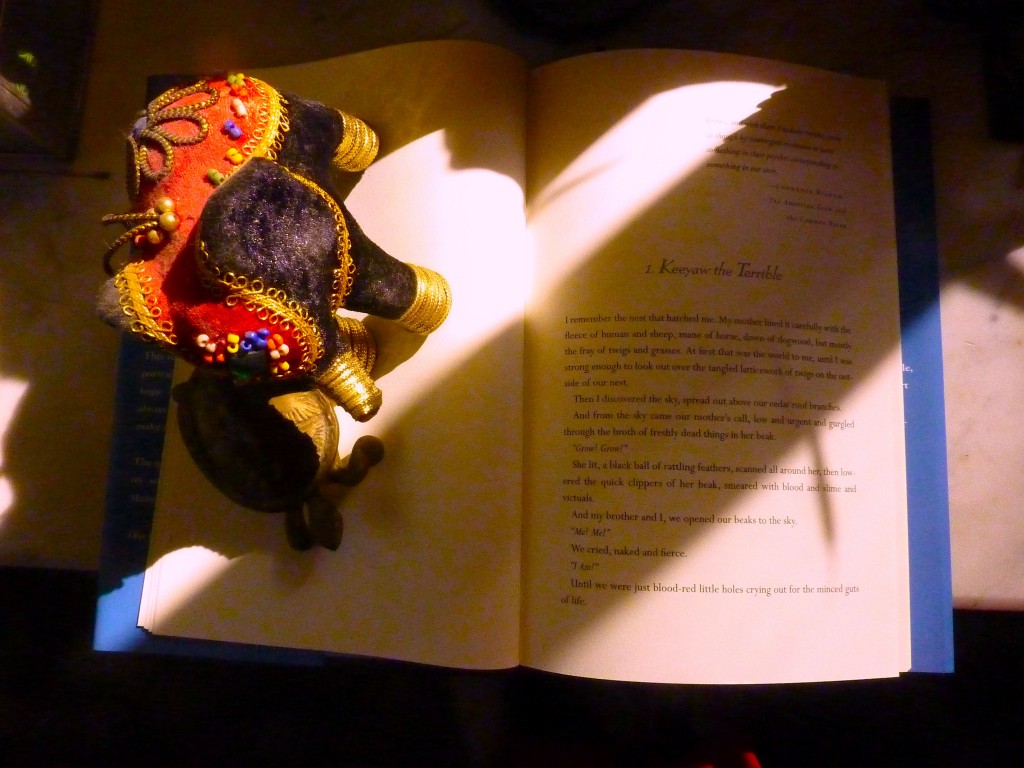

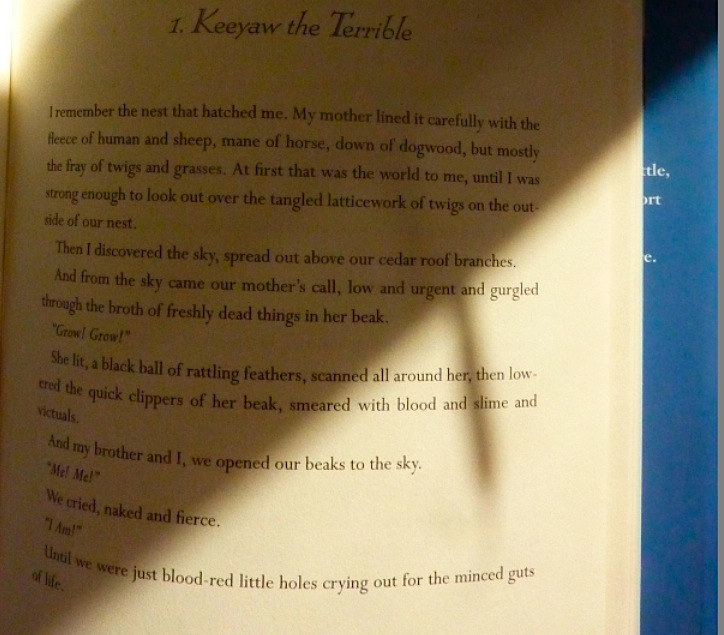
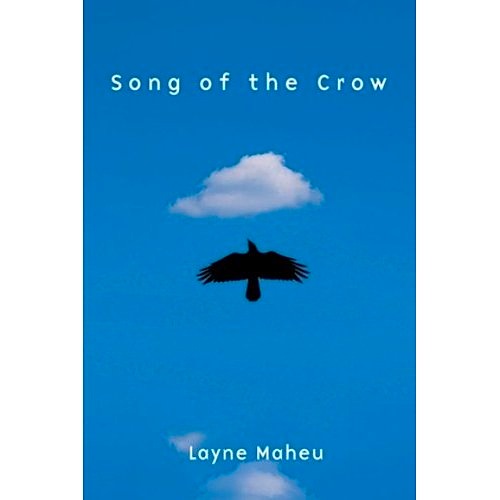
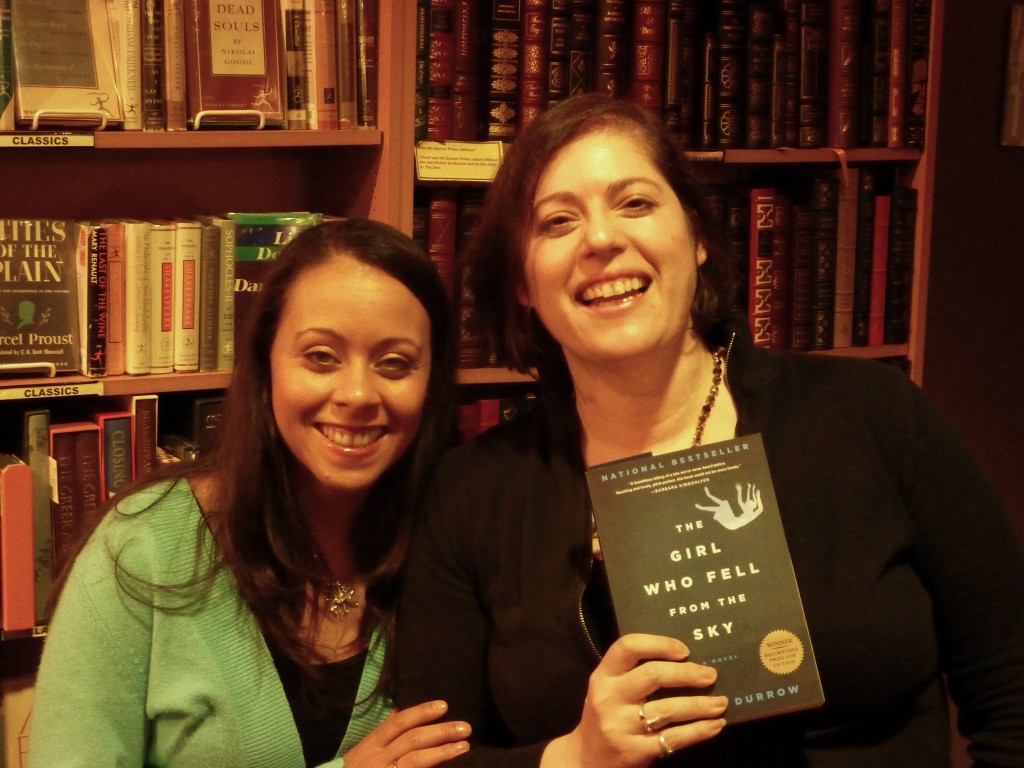
 Rachel, the daughter of a Danish mother and a black G.I., becomes the sole survivor of a family tragedy after a fateful morning on their Chicago rooftop.
Rachel, the daughter of a Danish mother and a black G.I., becomes the sole survivor of a family tragedy after a fateful morning on their Chicago rooftop. 





 Please recognize that not everything that falls under the general rubric writing should be formatted identically. Book manuscripts should be formatted one way, short stories (to use the most commonly-encountered other set of rules) another.
Please recognize that not everything that falls under the general rubric writing should be formatted identically. Book manuscripts should be formatted one way, short stories (to use the most commonly-encountered other set of rules) another. 